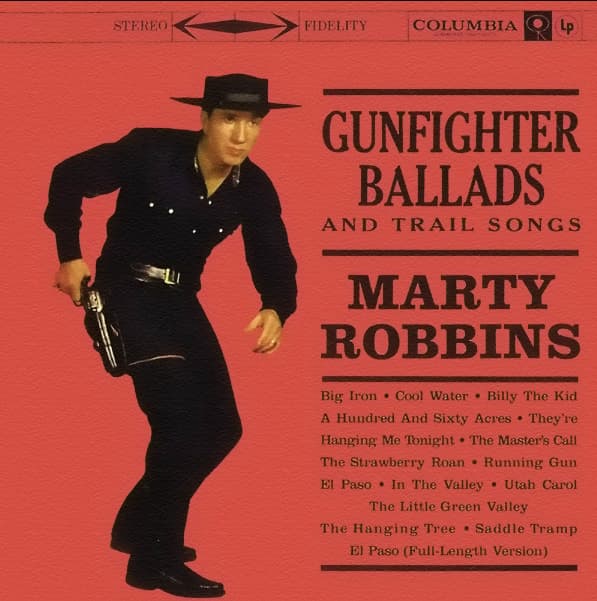
A Quiet Vigil of Yearning and Reunion
“Quiet Shadows,” as performed by Marty Robbins, is a gentle, haunting ballad of longing and hope. It appears on his 1971 Columbia album Today, a record that finds Robbins shifting into more tender, introspective terrain. Although Today did produce charting singles like “The Chair” and “Seventeen Years,” Quiet Shadows itself was not released as a major hit single and does not have notable chart performance in the public record.
In many ways, Quiet Shadows occupies a quiet corner of Robbins’s catalog — not his most famous song, but one that carries an emotional weight uniquely its own. Coming from the album Today, which Robbins produced himself, the track reveals a softer side of the singer. Here, he steps away from the dramatic narratives of gunfighters and heartbreakers, instead embracing the subtle poetry of waiting, faith, and the solace of love across distance.
Lyrically, the song opens in the deep stillness of night:
“When quiet shadows of night surround me / I pray for your safe return…”
These lines set a scene of isolation tempered by a steadfast belief — the narrator is alone in the dark, but his heart is not empty. Through that darkness, he holds onto faith and memory, believing in the safe return of the one he loves.
Robbins’s phrasing throughout is delicate, imbued with a sincerity that suggests he is not merely telling a story but confessing a quiet truth. The imagery of “quiet shadows” is both literal and metaphorical: night shadows fall, but so do darker emotional shadows — loneliness, fear, longing. Yet, Robbins leans not into despair, but into a hopeful endurance. There is no bitterness here, only patience and a yearning rooted in love’s constancy.
When he sings of her smile — “how sweet your smile can be when it is meant for me” — he captures how deeply her presence anchors him. Her understanding “way brightens my every day,” he reflects, showing that to him, her love is more than just companionship; it is a transformative force, one that turns his ordinary troubles small and manageable.
Musically, Quiet Shadows is arranged with a soft, countrypolitan touch. The chord progression, in E minor according to chord sources, lends a kind of bittersweet elegance, and the gentle tempo underlines the contemplative mood. There’s a winding string or horn arrangement on Today that heightens the emotional fidelity, creating a warm bed for Robbins’s voice to rest in — not flashy, but deeply affecting.
The heart of the song, however, lies in its final moments. The narrator envisions the shadows drawing him “to warming light,” symbolizing the beloved’s return. When he sings, “I see that you’ve come home to me,” it’s not just reunion; it’s a spiritual and emotional homecoming — a healing, a restoration, a quiet redemption.
While Quiet Shadows was not among Robbins’s big chart-toppers, it has resonated with listeners who appreciate its subtle beauty. Music commentators and analysts have noted that the song stands out for its emotional maturity, for the way Robbins — known for his western epics and heartland ballads — shows real vulnerability, wrapping longing and faith into one tender package.
As The Vinyl Archivist, I see Quiet Shadows as a hidden gem in Robbins’s later work — a testament to his versatility as a storyteller, and to his capacity for emotional nuance. In its soft-spoken hope and whispered assurance, the song captures something universal: love’s promise, held steady through the darkest hours, until it returns, quietly, into the light.